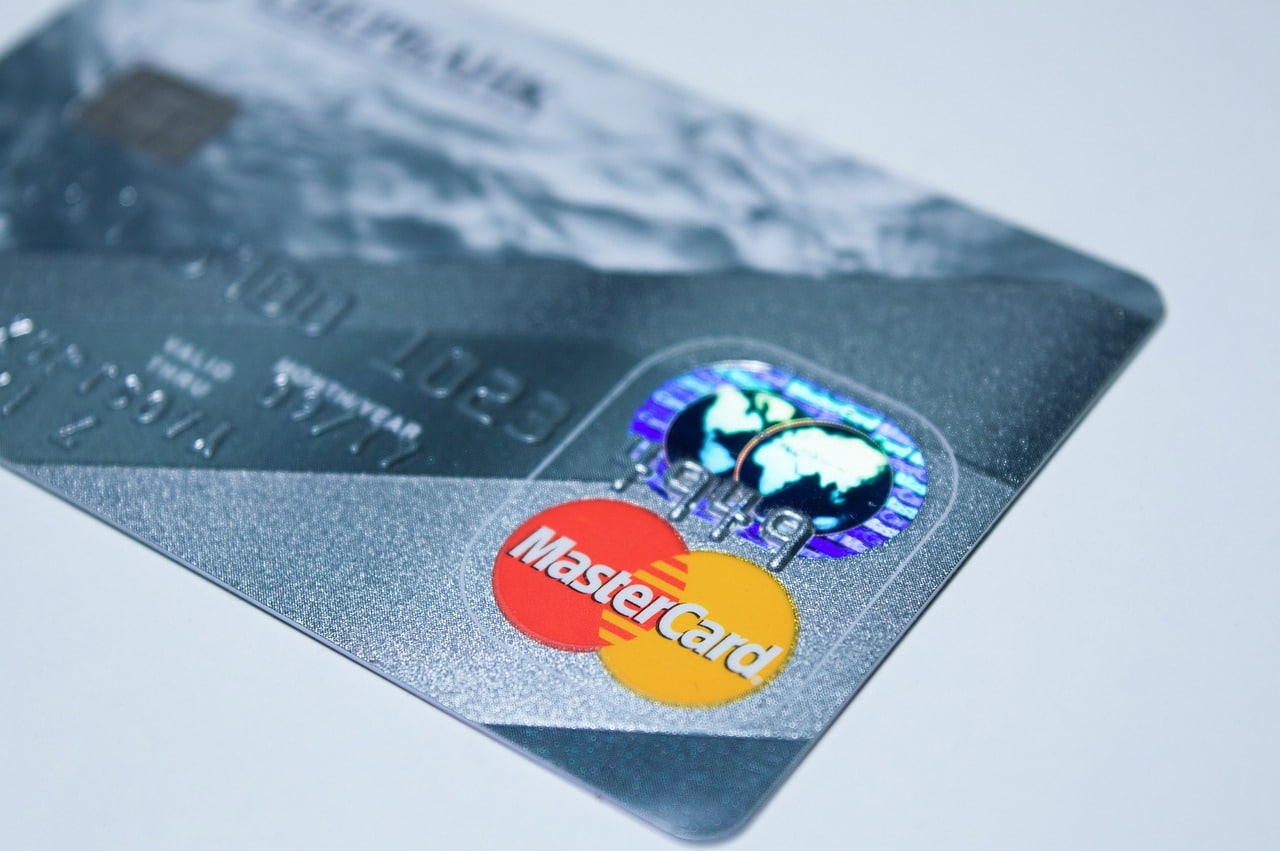
Mastercard’s new “Crypto Credential” service has been launched, making peer-to-peer cryptocurrency transfers much more intuitive for everyday users.
The payments giant's new service will allow users of certain cryptocurrency exchanges to send and receive digital assets using their Mastercard cryptocurrency authentication aliases, rather than blockchain addresses, which are long, confusing strings of random numbers and letters.
Mastercard's cryptographic authentication service
“This solution not only replaces complex wallet addresses with user-friendly aliases, but also makes sending blockchain transactions secure, transparent and accessible,” Mastercard wrote on Twitter on Wednesday.
Mastercard Crypto Credential launches first peer-to-peer transactions! The solution not only replaces complex wallet addresses with user-friendly aliases, but also makes sending easy. #Blockchain Transactions are secure, transparent and accessible.
learn more:… pic.twitter.com/WgY6aTaQHP— Mastercard News (@MastercardNews) May 29, 2024
The service first verifies the user according to Mastercard's standards and then receives an alias from the company. Then, the next time the user sends cryptocurrency, the program checks that the alias is valid and that the recipient's network address supports the transaction's associated token and blockchain.
If the recipient address does not support the sender's asset or network, the transaction will not proceed. This prevents funds from being lost due to any associated user mistakes. Aliases also protect against address poisoning scams, where an attacker tricks wallet users into sending coins to an address that looks very similar to their own.
The service is currently available on Bit2Me, Lirium and Mercado Bitcoin exchanges, and will soon be available in Brazil, Chile, France, Guatemala, Mexico, Panama, Paraguay, Peru, Portugal, Spain, Switzerland and Uruguay.
In a statement to Decrypt, a company spokesperson said more European countries will be added in the future.
Mastercard's broad cryptocurrency push
“P2P transactions are the first of many use cases that Mastercard Crypto Credentials aims to support,” the company said, “which may expand to NFTs, ticketing and other payment solutions depending on market and compliance requirements.”
The Crypto Credential service also includes wallet support for Foxbit and Lulubit, with the latter benefiting from integration with the Lirium exchange.
“The Mastercard Crypto Credential allows us to ensure traceability of all blockchain transactions with a higher level of compliance, while also providing a great user experience,” said Martin Kopacz, Chief Operating Officer at Lirium.
Earlier this month, Mastercard joined a consortium of major banks to test distributed ledger technology for settling digital asset transfers between companies. Assets on the test network include commercial bank funds, U.S. Treasury bills, central bank funds and investment-grade bonds that are typically traded using separate systems.


